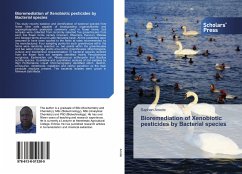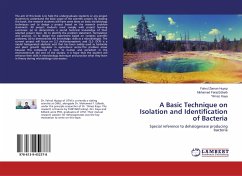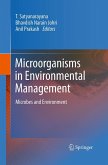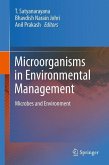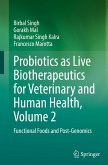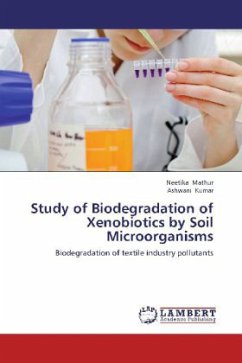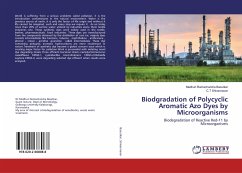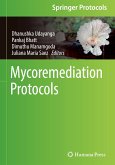This study reports isolation and identification of bacterial species from flower farm soils capable of biodegrading organochloride and organophosphate pesticides commonly used in flower farms. Soil samples were collected from randomly selected five greenhouses from each five flower farms namely Crescent, Elsamere, Karuturi, Malewa and Sewage farms around Lake Naivasha basin. All the pesticides were assumed to have been applied to the fields at rates recommended by the manufactures. Four sampling points for each greenhouse within the farms were randomly selected i.e. two points within the greenhouses and two water drainage points around the greenhouses. Morphological, cultural and biochemical characterization of bacterial species isolated from the flower farm soil samples identified mainly Pseudomonas auriginosa, Escherichia coli, Rhodococcus erithropolis and Bacillus subtilis species. Qualitative and quantitative analysis of soil samples by High Performance Liquid Chromatography identified aldrin, dieldrin, endosulfan, dimethoate, malathion and methyl parathion as the main pesticide residues present. The bacterial isolates were grown in Minimum Salt Media.
Bitte wählen Sie Ihr Anliegen aus.
Rechnungen
Retourenschein anfordern
Bestellstatus
Storno

